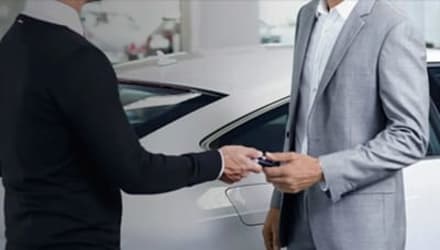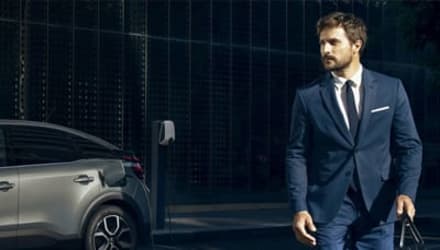Business Car Leasing Explained
More and more businesses now choose to lease rather than buy their cars, vans and fleet vehicles, and this number continues to grow year on year. Today, corporate leasing alone (not including business types such as SMEs, the self-employed and sole traders) accounts for over 2 million vehicles in the UK.





















